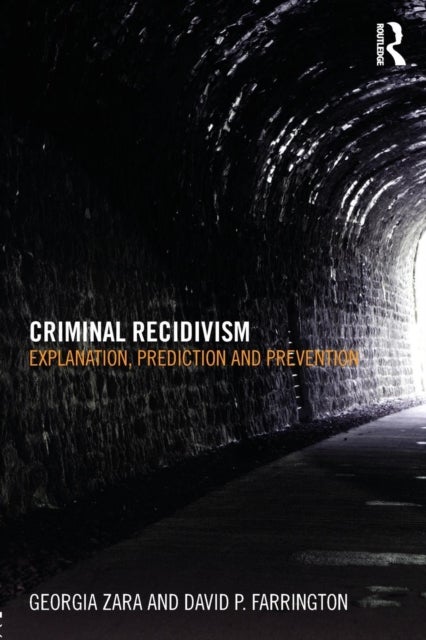
Criminal Recidivism av Georgia (University of Turin Italy) Zara, David (University of Cambridge UK) Farrington
679,-
<P><EM>Criminal Recidivism</EM> intends to fill a gap in the criminological psychology literature by examining the processes underlying persistent criminal careers. This book aims to investigate criminal recidivism, and why, how and for how long an individual continues to commit crimes, whilst also reviewing knowledge about risk assessment and the role of psychopathy (including neurocriminological factors) in encouraging recidivism. It also focuses on the recidivism of sex offenders and on what works in reducing reoffending. </P><P></P><P>At an empirical level, this book attempts to explain criminal persistence and recidivism using longitudinal data from the Cambridge Study in Delinquent Development (CSDD). At a psycho-criminological level it joins together quantitative and qualitative analyses, making its content a practical guide to explain, predict, and intervene to reduce the risk of criminal recidivism. The authors present quantitative analyses of criminal careers, as well as qual








